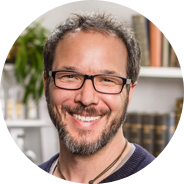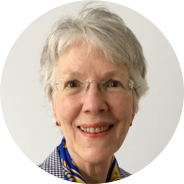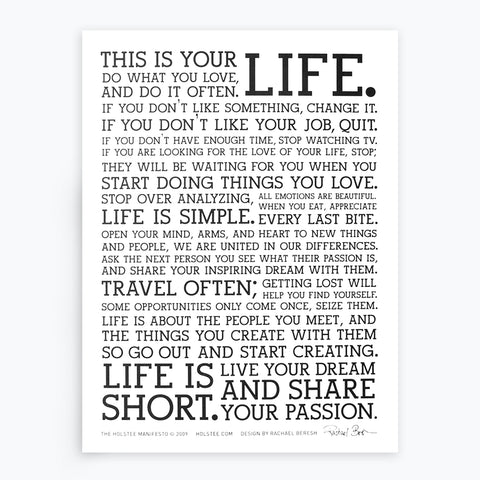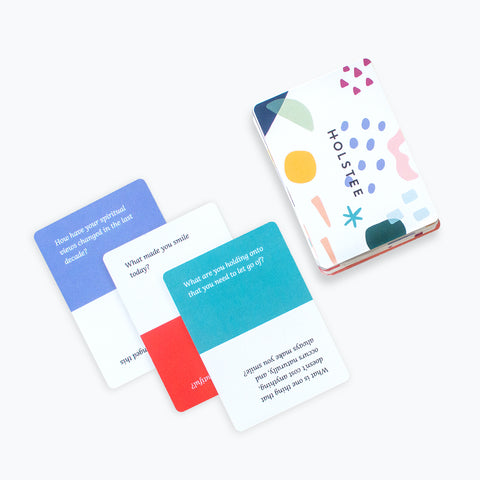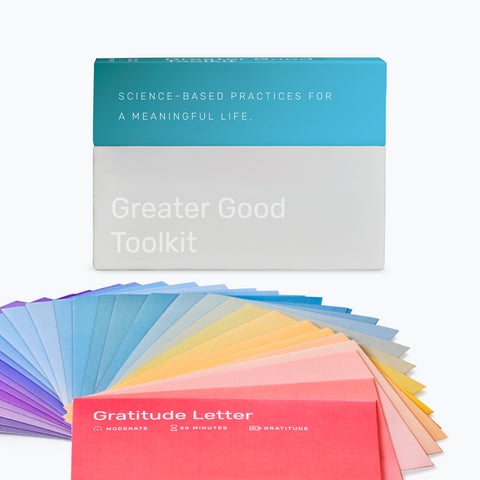Those who are grieving need compassion from others. They need people to help them bear the weight of grief. But where does compassion come from? Do we just have it, or do we create it? And how do we protect ourselves from compassion fatigue?
Buddhist friends were talking recently about metta meditation, a practice that generates compassion. You start by taking care of yourself. When you have enough compassion, you share this with others. I worry, though, about some people never feeling they have enough compassion to share.
A Catholic friend starts at the guilt end of the equation. If people are suffering, she will go to them and neglect to take care of herself.
"Talk to yourself like you would someone you love." - Brene Brown
Tweet It!
If our job is to care for others, but we’re feeling low, then having to give to others pulls energy from our reserves. If we do this all the time, we fall into exhaustion. Think of the drought in California that is depleting the groundwater reserves. People have to drill their wells deeper and deeper into the aquifer. It took a long time for the aquifer to fill, so this is only a risky, short-term solution. In case you’re missing the point, our individual lives are the aquifers of compassion, and depleting our reserves leaves us vulnerable.
Now let me throw a short story into the mix. In the account, someone eats the diseases of others and returns them to health. Eventually this person eats so many diseases that they overwhelm him and he dies. I think the story was based on a tribal tradition in South America and involved a shaman who was called to this unique line of work.
A few of my friends, who come from different religious backgrounds, work in hospices. While none of them actually eats grief (what Elaine, Larry, and Kerry do in their free time is their own business), they do walk into people’s sorrow and help them unravel their fears of dying.
When my wife died, Nicole was the transplant coordinator who handled the organ donation. Every day her job began with death, and she had to bear the brunt of the family’s sudden shock, despair, and rage. The stress wore her compassion down. She is now taking a breather by working as an ER nurse.
After the death of her beloved, Megan left her counseling practice and looked for help in dealing with grief. Not finding much, she began sharing what she was discovering with others who were grieving through her website of resources, Refuge in Grief.
How do the grief eaters take care of themselves? Elaine and Larry meditate and go into nature. Nicole and Kerry have their families and faith. Megan does yoga, tango, and bakes cakes that she takes to others.
Compassion is a river. As we share compassion with others, we feel compassion flow into ourselves.
___________________________________
Mark Liebenow’s work has been nominated for two Pushcart Prizes, and named a notable essay by Best American Essays 2012. His account of hiking in Yosemite to deal with grief, Mountains of Light, was published by the University of Nebraska Press.
Begin your day feeling grounded and inspired.
A free 30-day email series where we share the most impactful stories and ideas that have helped us on our journey to live a more meaningful life.
✌️ Free. Unsubscribe anytime.



